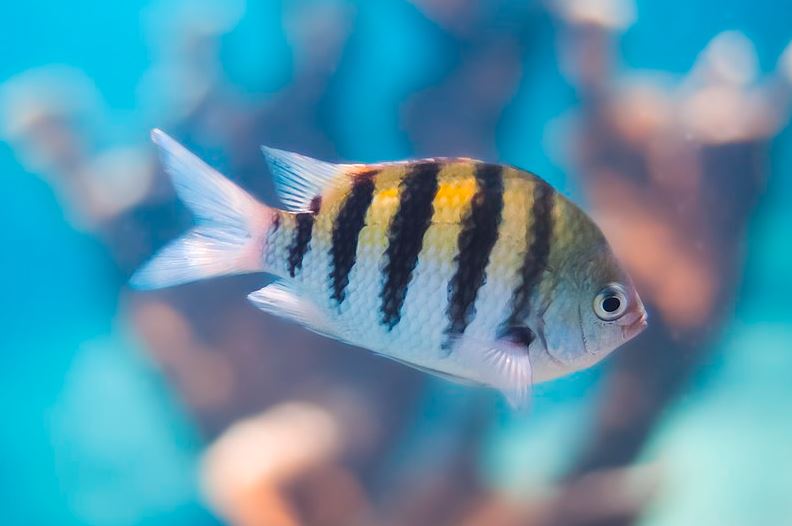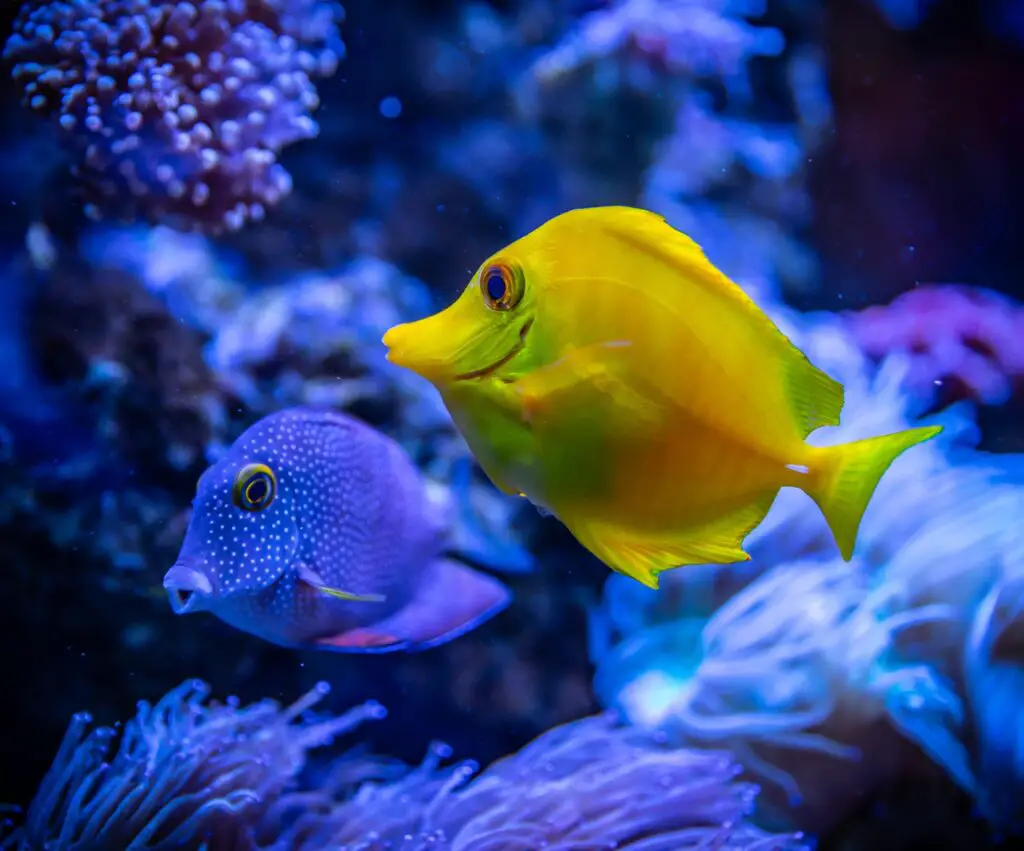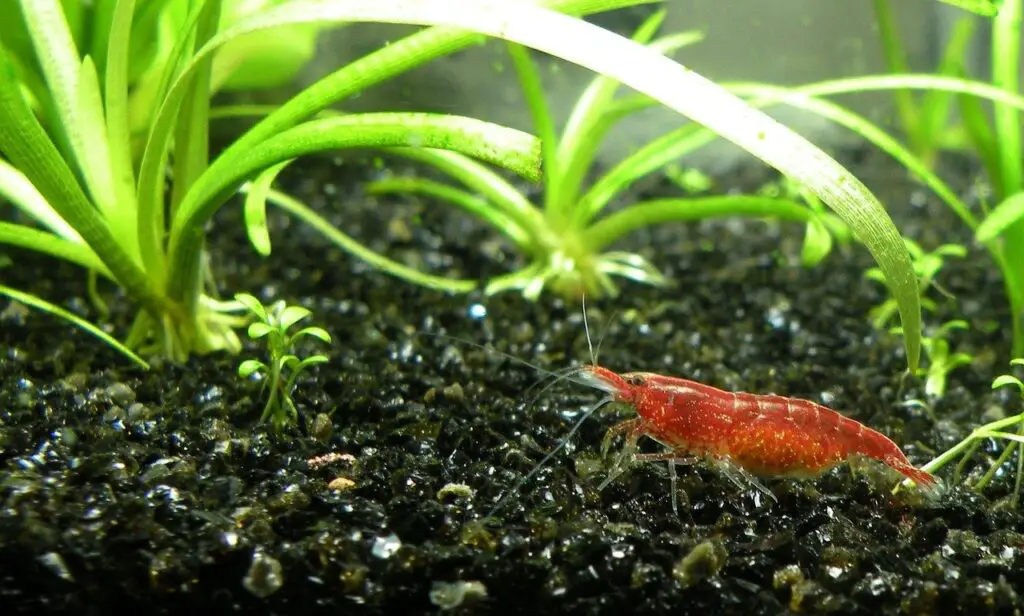When you stop and think about it, it’s kind of ironic—thinking about a fish, living in water, getting thirsty. Of course, fish are as different from human beings as the moon is from the sun. The impulse to drink when dehydrated may not be the same in their tiny little brains.
Fish don’t really get thirsty, at least not in any traditional sense that we understand. Whether they live in freshwater or saltwater or both, fish have a few ways of ensuring that their bodies are flush with water at all times.
Saltwater fish take in the water much the way we do, while freshwater fish don’t do much of anything. Their gills have a lot to do with how they take in water and release it and a degree of osmosis.
Can a Fish be Dehydrated?
Unless the fish is dying and its body is no longer functioning as intended or you’re an angler and just tossed one in a cooler, then they don’t get dehydrated. Their entire day consists of a series of processes.
As fish go about their daily lives, their bodies are doing everything they need to keep their bodies hydrated. It’s done in such a way that it would seem like nothing more than an afterthought to us.
Saltwater fish simply open their mouths as they move along and freshwater fish don’t even have to do that. Freshwater fish engage in osmosis. Imagine taking a bath and quenching your thirst at the same time, without ever opening your mouth.
Freshwater fish do that every day, all day long, and even throughout the night—never giving it a second thought.
How do Fish Hydrate Themselves?
There are two ways, depending on the environment, and three if you count salmon, which live in both freshwater and saltwater environments, depending on the time of the year. Freshwater fish both do it differently.
Freshwater Fish
Freshwater fish literally can’t take water in through their mouths. They are designed not to. Water through their mouth would be just as damaging and potentially as a human consuming so much water that it dilutes the necessary balance of chemicals in our bodies.
Since they live in freshwater environments, their bodies contain a lot of salt and that salt is a part of their balance. Water entering through their mouths threatens to dilute that careful balance.
Freshwater fish absorb water through their gills rather than their mouths. You can call it osmosis because it is, sort of. Any excess water that passes through their body is vacated by urinating. If you own freshwater fish in an aquarium, that urine, along with the chemicals that come with it, is part of what you clean weekly.
A freshwater fish’s gills only take in the amount of freshwater that the fish needs. However, their gills aren’t the only thing that takes in water. With freshwater fish, their entire skin works, through osmosis, to take in water when the body needs it.
Saltwater Fish
Saltwater fish are a little more complicated. Unlike freshwater fish, saltwater fish don’t have much in the way of salt in their bloodstream. They open their mouths, the normal way, and take in the saltwater around them.
Drinking saltwater is normally a huge no-no for mammals. However, for saltwater fish, it’s the only way to go. Like freshwater fish, saltwater fish also urinate to rid themselves of what they do need. In this case, they urinate a good amount of salt.
It keeps their bodies from becoming way too salty, which is too much even for these salty swimmers. It’s something that goes on all day long, just like freshwater fish are constantly absorbing water through their gills and skin.
Some saltwater fish must be descended from chipmunks because they even hold water in their cheeks until it’s needed. It’s not really known why, since they are surrounded by all the water they will ever need but they do it anyway.
Salmon
Salmon are a special exception to the rule because they live in both freshwater and saltwater environments. In fact, they will frequently go back and forth throughout the season. Salmon are the switch-hitters of the water, switching back and forth between the two above methods.
Their bodies act like saltwater fish in saltwater and revert back to freshwater bodies when they are back in the river.
Do Fish Drink Water When They Eat?
Freshwater fish do not drink water, even when they eat. The danger of the water diluting their balance is too strong. Saltwater fish, on the other hand, drink water whether they’re eating or floating in place.
When fish eat, they continue to go through the same process they always go through. The same process that saltwater fish go through, swallowing water, and the same process that freshwater fish go through, absorbing water.
Do Freshwater Fish Get Thirsty?
Scientists have dug pretty deep into this one and determined that there really is no way of telling. However, most scientists feel like fish don’t have the capacity for thirst impulses like we do.
They simply do what they do throughout the day and water either comes to them in the way that it’s supposed to or it doesn’t.
Do Fish Get Thirsty for Air?
With fish, there doesn’t seem to be an impulse to get “thirsty” for anything, at least as far as scientific testing is concerned. If there is a lack of oxygen in the water, fish will suffocate. As they suffocate, it’s hard to say whether they feel panic or a general thirst for air.
Besides, fish don’t pull oxygen into themselves in the same way as humans do. They absorb oxygen from the water, through the use of their gills. So suffocating, in the way that we understand it (or a ‘thirst’ for air) are simply not a part of fish anatomy.
All Things Considered
Saltwater and freshwater fish don’t get thirsty, at least not in the way that we understand it or scientists can determine, despite all of their studies. At the end of the day, fish simply ‘do’, instead of ‘want’ or ‘desire’ or ‘need.’



